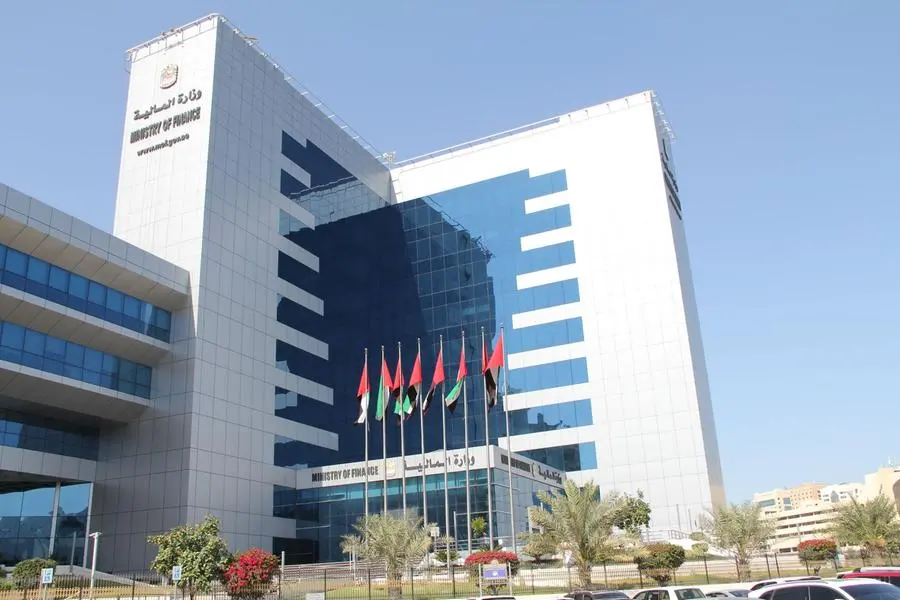PHOTO
Adding yet another feather to its cap, the Ministry of Finance (MoF) has secured an "advanced" position in institutional resilience, following a comprehensive assessment of its maturity level in this area.
The evaluation, conducted in collaboration with the British Standards Institute (BSI), was based on two international standards: ISO 22316:2017 and BS 65000:2014. This accomplishment is a testament to the Ministry's efficiency, responsiveness, and preparedness to address economic changes and challenges, as well as its forward-looking approach to anticipating future developments.
The assessment covered four main categories, comprising 16 elements, and was based on 48 questions that examined various aspects of institutional resilience. Key criteria included evaluating MoF’s ability to adapt to internal and external challenges, capitalise on new opportunities, ensure the health and safety of its operational system, and enhance its decision-making capabilities with confidence and effectiveness.
The results of the evaluation found out that the Ministry of Finance ranks among the top performers globally, outpacing 1,250 institutions in the financial sector in several elements of institutional resilience.
Expressing the Ministry's pride in this global achievement, Younis Haji Al Khoori, Undersecretary of Ministry of Finance, stated, "We view institutional resilience as a fundamental pillar for the success and growth of our sustainable business."
He added, "This assessment and our leading position in the global institutional resilience system reaffirm our commitment to implementing global best practices and enhancing our ability to adapt to changes and seize new opportunities. It also strengthens the UAE's position as a premier financial hub both regionally and globally."
He emphasised that the Ministry is committed to improving the quality of financial services, enhancing the effectiveness and efficiency of financial resource management, and maintaining the highest standards of excellence in government financial management, in line with its 2023-2026 strategic plan.
"This achievement reflects the depth and clarity of the Ministry's strategic vision in establishing a flexible, agile, and sustainable financial system and propels us towards our future goals in line with the vision of 'We the UAE 2031' and the 'UAE Centennial 2071.' It also aligns with the government's plans to make the UAE more adaptable in keeping pace with global developments," he concluded.
Institutional resilience is defined as the ability of an organisation to adapt to internal and external challenges and changes in its operating environment, and to leverage new opportunities.
Institutional resilience ensures maintaining the health and safety of the work system and plays a vital role in enhancing the organisation’s ability to make decisions effectively and confidently. This is achieved through a comprehensive understanding of the current work system's success factors and a clear vision for the future.
The application of institutional resilience aims to promote long-term success through continuous reviews and improvements, which enhance the organisation's ability to withstand disruptions and adapt to changes. This contributes to maintaining stability and boosting o





















